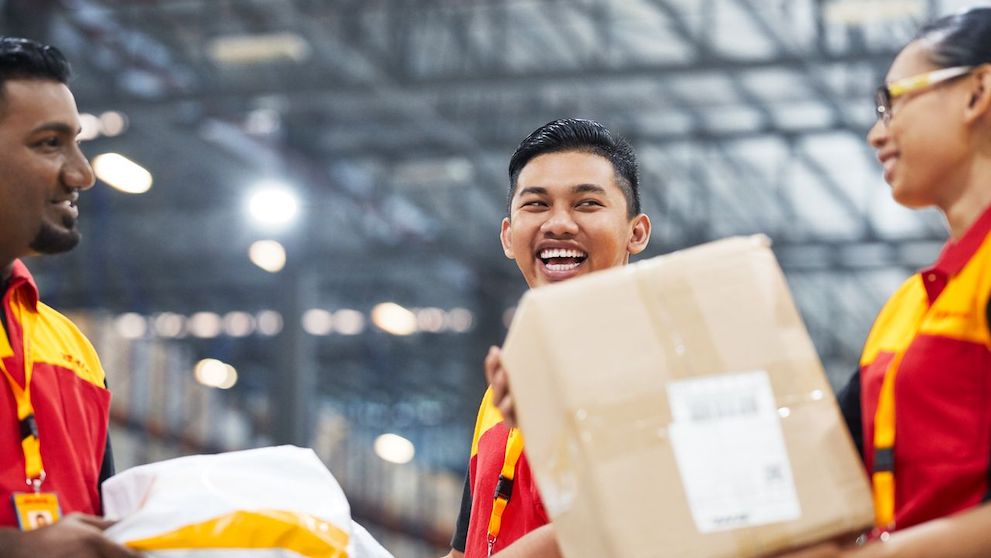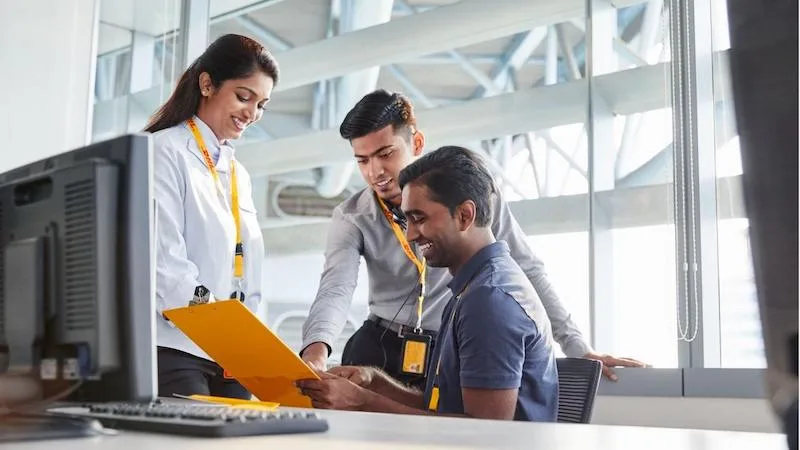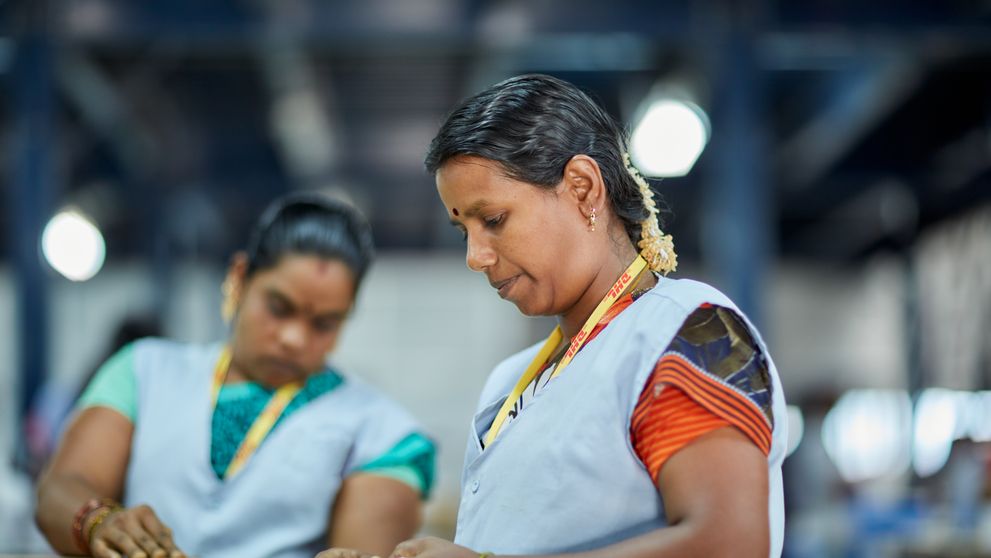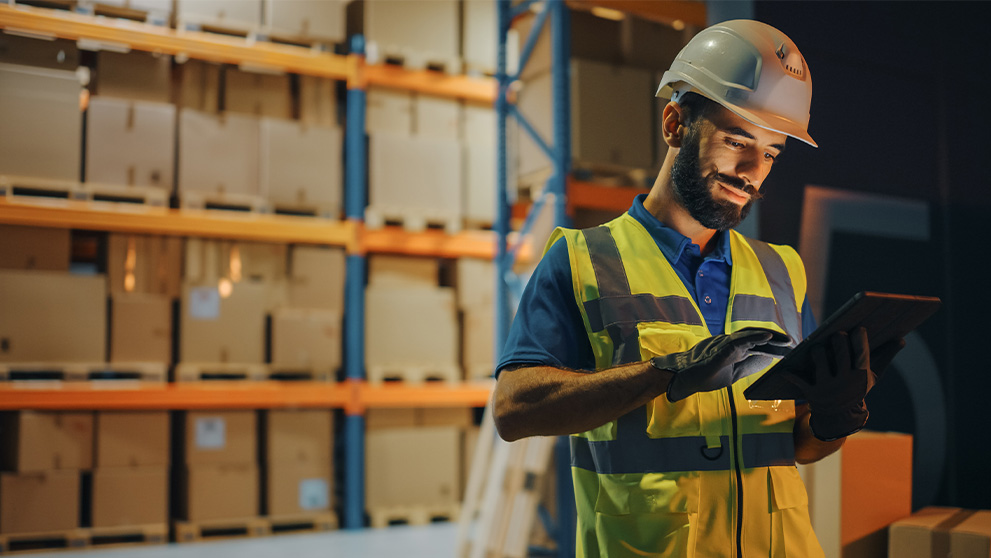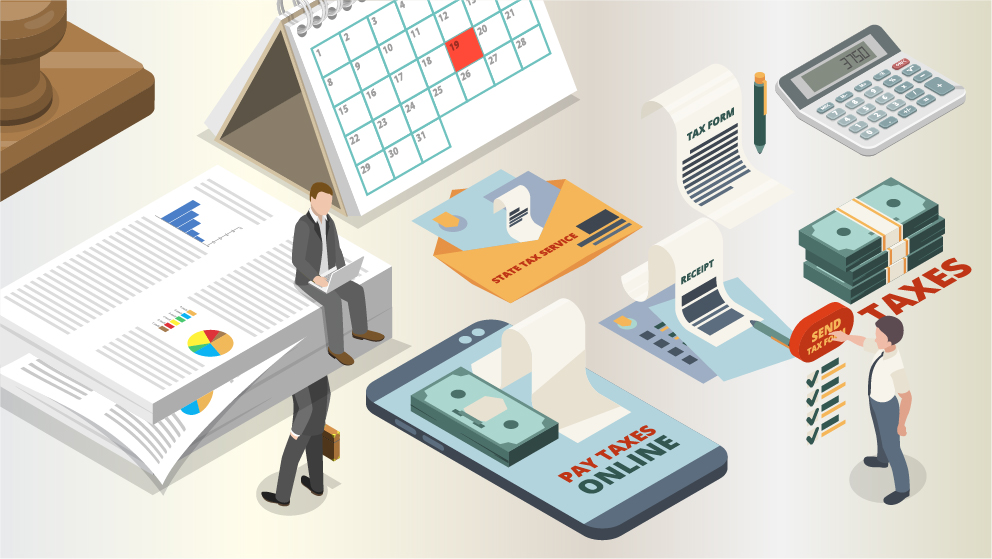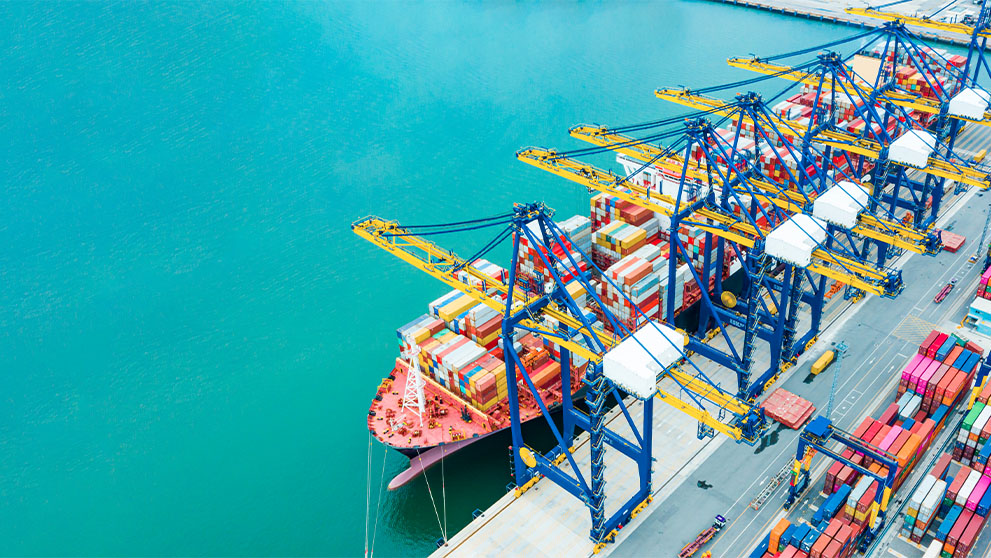A successful global logistics management company is powered by the drive, passion, and hard work of cross-functional teams. In this globalised era where we are no longer bound by geographical borders, it’s increasingly a norm to have cross-functional and cross-border teams from differing cultural backgrounds cooperating and interacting in the workplace.
With this as the backdrop of modern businesses, there’s no time better than now to learn how to best bridge cultural differences among diverse groups in the workplace. Also known as cross culture, this requires businesses to recognise cultural divides and differences between international team members from different backgrounds. Businesses can subsequently implement proactive measures to ensure a cross-border or cross-cultural team can still communicate and work together effectively.
Cross culture is especially important for a logistics management company that deals with a global supply chain, as it allows us to communicate effectively with employees, clients, and stakeholders of all backgrounds. When we have a better understanding of how to bridge cultural differences across teams, we can eliminate misunderstandings and be more productive at work.
If there’s one company that truly understands these complexities, it’s DHL Express.
As one of the leading supply chain and operations management companies in the world, we have instilled a strong central organisational culture across their 380,000 team members in over 220 countries and territories. This adoption of a global work culture that takes cultural differences into consideration has allowed us to ensure consistency and reliability in our operations for many years. It is no wonder that we are considered to be the Most International Company in the world.
In this article, we share some tips on how to maintain the unity, diversity, and efficiency of global teams, and how to adopt cross-culture in an international business.
1. Practise diversity and inclusion
At DHL Express, we bring together people from all walks of life of different social and cultural backgrounds. Our belief is that every individual carries a unique set of skills, views, and experiences that ought to be celebrated. Along those lines, cultural gaps are reframed as new opportunities for understanding rather than negative obstacles to be overcome. Diversity is not seen as a buzzword but is a value deeply interwoven into the daily company culture, and is welcomed as a positive trait that only benefits our employees and clients alike.
Working with almost 600,000 individuals across 220 countries and territories, our motto is that we are “all different, together successful”. Striving to connect people and improve lives, we do our best to uphold values like mutual respect, open communication and trust-based cooperation at every level of the organisation. Only then are we able to achieve more in our day-to-day work together and maintain our strong and inclusive international corporate culture that actively creates spaces of understanding for employees of any background.
Practising inclusivity in the workplace and marketing can yield many benefits for a business. To realise this, specialised training on topics of diversity and inclusion are offered to both employees and managers alike. DHL Express is also committed to providing equal opportunities to all employees, while actively working to uplift employees from marginalised backgrounds. In India, several diversity and inclusion initiatives, such as ‘DHL4her’, were rolled out to empower women employees in an industry traditionally dominated by a male workforce. Upon onboarding, we also have a Buddy Program in place only for new female hires to ensure they settle in the company faster.
2. Encourage employee engagement efforts
Cultural gaps can only be overcome when organisations value each individual as an asset and see bridging cultural differences as opportunities for learning and growth. This way, each and every member of our global logistics team can contribute their expertise meaningfully.
To empower each individual’s decision-making, every employee of DHL Express is given the opportunity to suggest and bring change to large-scale workflow and work processes through an ‘open door’ communication policy. Employees who contribute to the evolution of our company mission are also rewarded with competitive compensation, fostering an environment where everyone is encouraged to contribute to our innovation ecosystem.
We want our employees to feel heard and that their opinions are valued in an open and innovative global organisational culture.
Another important channel of employee engagement is our Employee Opinion Survey, which seeks out the satisfaction level and areas of improvement across the organisation. In 2020, a particularly challenging year for the logistics management industry, we ran numerous communication campaigns like webinars and engagement activities through the company’s internal mobile app “As One”. This allowed us to continually engage with our employees and understand their difficulties on-the-ground, paving the way for new and specific initiatives that could lessen the pressure on our teams. Additionally, organising initiatives such as the “Employee Appreciation Week” helps us recognise the strengths that each of our team members bring to the table; strengths that are a result of diverse perspectives shaped by individual experiences and cultures.
Meeting our employees’ needs has always been our first priority, and DHL Express actively strives to continue to find new ways to foster commonalities and focus on building a sense of belonging amongst our employees.
3. Provide opportunities for employee growth
For cross-functional teams in the logistics management industry to be successful, it’s important for all employees to possess a relevant skillset that allows them to best contribute to their team.
In order to help each of our employees unlock their full potential, we encourage them to upskill and reskill. Enabling access to further training opportunities is pivotal to building a connected and harmonious workplace where employees feel that their individual efforts are seen, recognised, and commended.
“Certified” is our Group-wide initiative that aims to build a team of competent and capable employees who are well-versed in a myriad of skills and processes. The programme covers essential workplace skills and strategies for functional development, fostering a shared understanding of the business process and company culture across all DHL teams. This spirit of lifelong learning opens the doors for healthy and transparent communication at work, and builds a positive work culture for all of our international offices. Through DHL’s Umang Fellowship program, we assist frontline employees in pursuing higher education and acquiring new skills. We ensure that they get ample time to balance their work and learning so that it does not become stressful for them.
4. Support employee relations & human rights
As part of creating a common understanding across the organisation on respecting human rights, we believe that our managers should always lead by example. To encourage them to adopt an open-door communication style, the Code of Conduct is a significant portion of employment contracts with managers.
The rules and principles set out in our Code of Conduct emphasise values like respect, honesty and tolerance. This functions as a moral compass that guides the everyday actions and decisions of all employees, and helps open avenues of communication that drive effective cross culture in an international business setting.
In order to pave the way for continuous employee development, our executives must also be able to guide employees along, while recognising their strengths and accomplishments. Our “Head, Heart & Guts” approach steers management towards encouraging a merit-based workplace that is inclusive and bias-free.
This involves a result-oriented approach with the “Head”, a purpose-focused culture involving the “Heart”, and a welcoming attitude towards change and challenges using the “Guts”. This helps us to champion great leadership across our Group, and also give our managers an effective framework for uplifting and encouraging the growth of their employees and teams.
On top of the Code of Conduct for management, we want to make sure every employee’s voice is heard. This is why we established the Employee Relations Forum (ER Forum), an internal measure targeted at allowing executives and managers to exchange views and share their experiences at regional- and country-wide levels.
Building an inclusive workplace for all
Businesses that heavily depend on global operations, such as logistics and international supply chain operations and management, are uniquely required to be able to overcome cultural barriers between employees from different backgrounds. As a world leader in global logistics, DHL Express is deeply committed to providing equal opportunities for all of our employees. Our growth today is largely attributable to how we have managed to bridge cultural differences, foster respect between our cross-cultural teams, and turn cultural gaps into opportunities for collaboration.
DHL Express prides itself on an inclusive work culture that leverages on the strength in diversity, rather than focusing on differences. When building up the corporate culture of a global team, we can consider them in the above areas of diversity and inclusion, employee engagement, growth and development as well as establishing good employee relations.
Open a DHL Express business account to explore global logistics and shipping options with our diverse cross-border teams. We believe that as we bridge cultural divides between international teams, you can enjoy the benefits of our global work culture.
